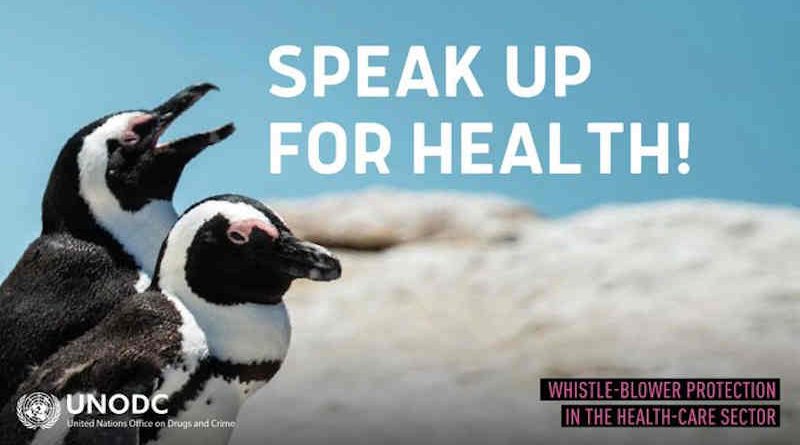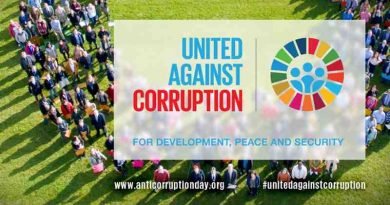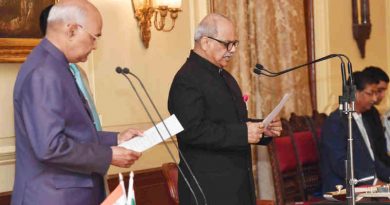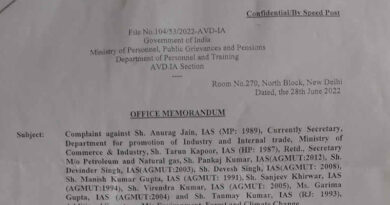UNODC Guide for Whistleblower Protection in the Healthcare Sector
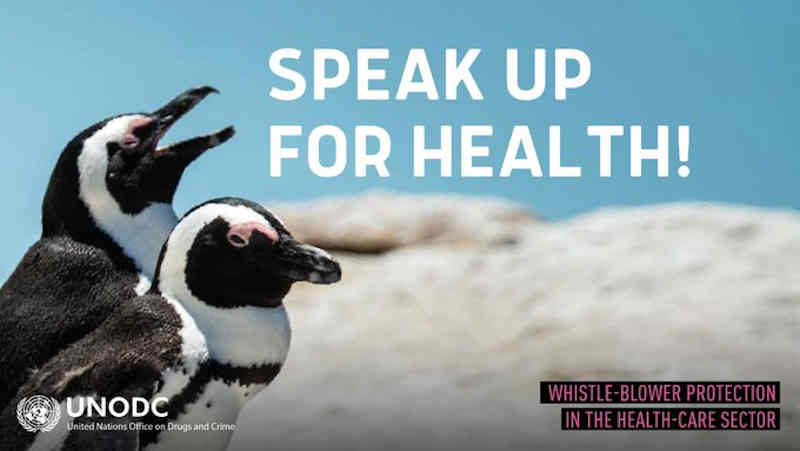
UNODC has launched a guide to enable whistleblower protection in the healthcare sector.
The United Nations Office on Drugs and Crime (UNODC) finds that the healthcare sector is broad, complex and vulnerable to corruption. The sector’s vulnerabilities include the complexities of national healthcare systems, the wide range of activities along the entire medical supply chain and the large number of actors, often from both the public and the private sectors.
In addition, according to UNODC, the vast quantities of assets involved make the sector particularly susceptible to corruption. These vulnerabilities can also weaken healthcare systems, waste resources and make countries less resilient to – and less agile in – health emergencies, compromising coverage and access to essential healthcare services.
A lack of safeguards and controls in the medical product supply chain can result in the purchase and distribution of low quality, expired or even falsified products and drugs. Corruption enables the production, purchase and use of falsified medical products. At best, such medical products are inefficient; at worst, they harm consumers.
In both cases, they endanger the lives of the people who need them the most. The estimated cost of corruption in the healthcare sector is already very high under normal circumstances. For instance, in 2008, the World Health Organization (WHO) estimated that out of $5.7 trillion spent worldwide on health, $415 billion (around 7.3 per cent) was lost to health-related fraud and abuse.
The risk of corruption in the healthcare sector becomes even greater and its devastating effects become more evident in times of health and sanitary crises. Preventing corruption in the healthcare sector is critical because of the undue risk it poses to human lives. It is essential, therefore, that States and healthcare sector organizations establish safeguards and oversight mechanisms to prevent corruption.
However, despite all the preventive measures that may be established, corruption or other serious wrongdoing can still occur. It is therefore critical that healthcare sector organizations establish mechanisms to detect wrongdoing and address it at the earliest stage possible. One such mechanism is aimed at encouraging personnel in health-care organizations to report suspected wrongdoing and protecting them from retaliation in any form.
In this regard, under article 33 of the United Nations Convention against Corruption, States parties are required to consider incorporating into their domestic legal systems appropriate measures to provide protection against any unjustified treatment for any person who reports in good faith and on reasonable grounds to the competent authorities any facts concerning offences established in accordance with the Convention.
States parties are also required, under article 8, paragraph 4, to consider establishing measures and systems to facilitate the reporting by public officials of acts of corruption to appropriate authorities, when such acts come to their notice in the performance of their functions.
Establishing an effective reporting system and a corresponding whistleblower protection mechanism is thus recognized as one of the strongest measures for detecting wrongdoing at an early stage. It will enable the rapid implementation of mitigation measures that may prevent the reported wrongdoing from becoming a large-scale corruption case or causing harm to patients.
In the healthcare sector, establishing such a reporting mechanism can therefore prevent harm and save lives. UNODC has launched a guide to enable whistleblower protection in the healthcare sector.
The present UNODC guidelines provide a step-by-step process that an organization can follow to establish internal policies and procedures that facilitate the disclosure of allegations of wrongdoing and protect reporting persons. The guidelines include the information necessary to establish an open and fair reporting culture that encourages people to speak up early when they have a concern.
💛 Support Independent Journalism
If you find RMN News useful, please consider supporting us.

